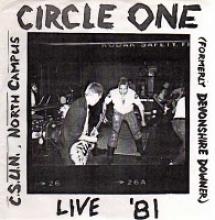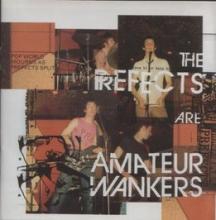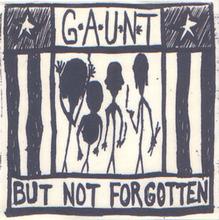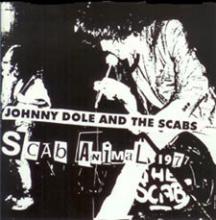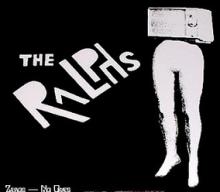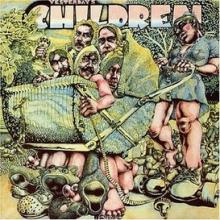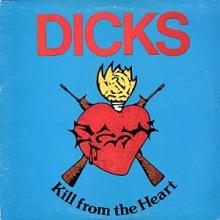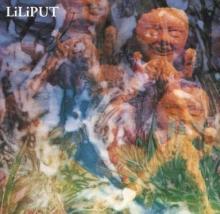Circle One: Let's (Illogically) Blame Rollins
But the early hardcore scene in SoCal, much like in NYC, was riddled with violence and shows were frequently places for music as much for settling scores. In reading various punk histories, including Steven Blush’s American Hardcore, a gang aesthetic gets related. And while that might be a bit much, there’s something to it in light of the Youth Brigade film Let Them Know.
And while that last band seems more important for what it did behind the scenes than for the music it actually recorded, first hand accounts are pretty unrelenting in depicting a few groups – Circle One for sure – as a bunch of tough guys who insinuated themselves into the scene. All of this could be layed at Rollins’ feet. After all, who was a tough guy in the manner he was before a member of Black Flag? I dunno, no one?
Whatever the case, Circle One recorded music when they weren’t fighting or getting shot in the face by police officers – and no, that’s not a good reason to hate all cops, you tiny minded, muscle bound creep. But by the time the group issued their Patterns Of Force album in 1983, hardcore was undergoing some significant changes. Somehow, metal infiltrating every other band skipped over these guys. But even in taking a listen to the few contributions Circle One made to the Public Service compilation, which is deserving of its own post, the band and “Destroy Exxon” specifically started to sound like early period Black Flag.
To call that regression isn’t proper – early Black Flag was still leagues ahead of Circle One at any point. But the songs didn’t come off with the same sort of vitriol “Highway Patrolman” did, which if anything sounded closer to SSD and the Boston strain of this movement.
Regardless of the direction Circle One moved and what it’s proper recorded legacy is, a live date, replete with demos, was issued through one of the band member’s personal imprints a ways back. On Live '81 there’s no sort of persistent approach to song craft in duration, speed or lyrical content – apart from hate. Folks might take that as an affront to the movement, but at the same time it also seems like Circle One was playing with a medium that they weren’t completely sure worked. It was a way to release some of that tension, though.
